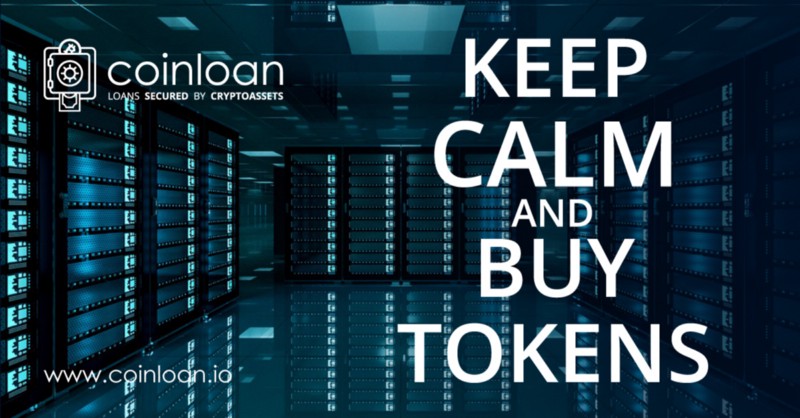Every day, we receive questions from our community about how does CoinLoan work. So, we introduce a weekly column in our blog, in which we will answer the main issues and also dispel the myths about ICO. Today, our main topic is risks. Do lenders bear them?

Firstly, CoinLoan guarantees the complete absence of risks to the lenders. Why? Let's talk about how the system works. Each loan of the lender, which is approved by the system, is secured by the borrower's crypto-collateral.
Each loan of the lender, which is approved by the system, is secured by the borrower's crypto-collateral. This is a must for cooperation with the platform. To borrow a loan, you must make a crypto-deposit into the system. The borrower deposits the cryptocurrency, and it is stored in the CoinLoan vault. So it's impossible to make any transactions with it during the loan term. If the borrower doesn’t repay the loan, the system begins to liquidate the collateral wholly or partially. If it's a long-term loan with monthly payments, the system merely starts to liquidate the collateral wholly or partially in favor of the lender. If it's a short-term loan with a one-time payment, the system liquidates the collateral and returns the money to the lender with accrued interest.
In this case, the lender does not know about the existence of any internal problems, because of the result - the platform guarantees a 100% repayment of funds with accrued interest. The advantage for the lender is the full responsibility of the platform for his/her money.
The system is also secured from the risks of depreciation of collateral as a result of the rate hike. In this case, at the start of fall in market value, the system starts selling it in advance to remove all risks. That is, even in this case - the system also repays the money.